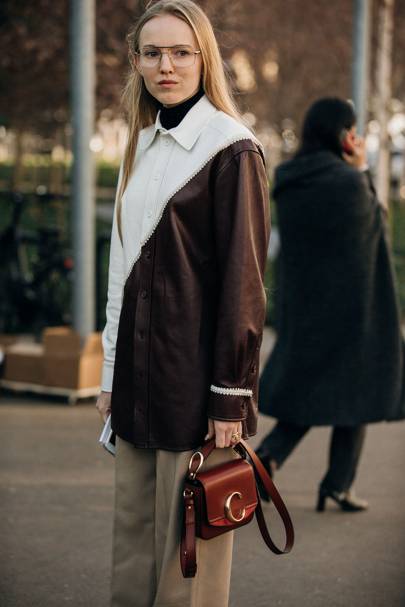“Once the bag has been authenticated customers will get that value up front,” Tom Berry, global director of sustainable business at Farfetch, tells Vogue. “They don’t have to wait until it sells to redeem the value.” Why the generosity? “We gain because those customers have an incentive to come back and shop on Farfetch again. It’s partly a customer retention scheme, but it also gives us a way of learning about the resale market.”
Indeed, luxury companies – bar green-minded ones such as Stella McCartney and Reformation – might have largely steered clear of resale due to concerns of brand dilution, but it is becoming an integral part of the sustainability conversation. “Looking at different business models is equally important as addressing and reducing our direct impacts and enabling and inspiring consumers to buy better products through Farfetch,” agrees Berry.

The initiative is part of Farfetch’s wider plans to “help inspire and enable consumers to buy more sustainable products more easily”, he continues. Farfetch already offers a selection of vintage merchandise, it is examining opportunities in rental and repair, and is making moves to reduce the huge carbon footprint that comes with shipping to and from boutiques all over the globe. “We have a packaging incentive in place to ensure that our boutiques use the right sized, FSC-certified packaging so they ship less air,” Berry comments. “But, we’re looking at different distribution models to ship more in bulk to different centres around the world, before shipping from those. We know it’s an area we need to work on.”
For now, he hopes the joy of trading something old for something new will raise awareness of the company's pledge to do more. “I do believe that people are looking for brands that can tell positive stories about the social impact of their business models,” he continues. Your new purchase is just a photo upload away.

No comments:
Post a Comment